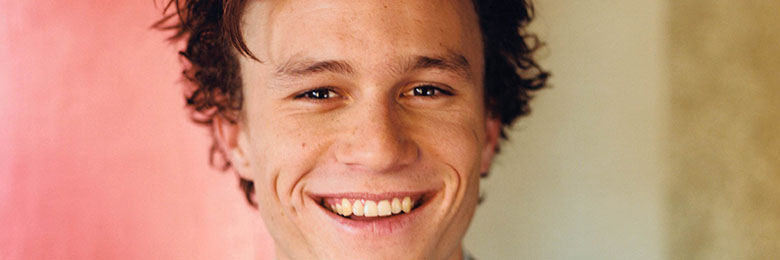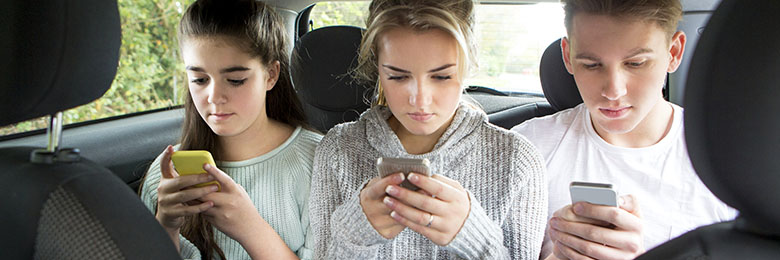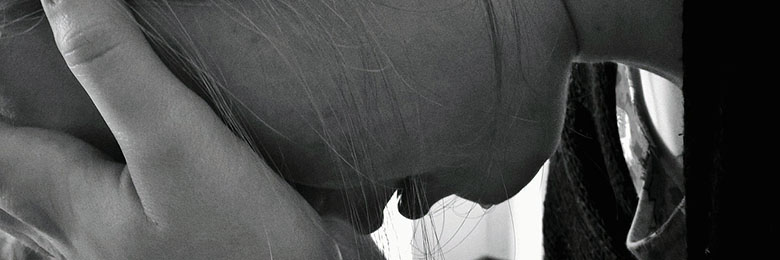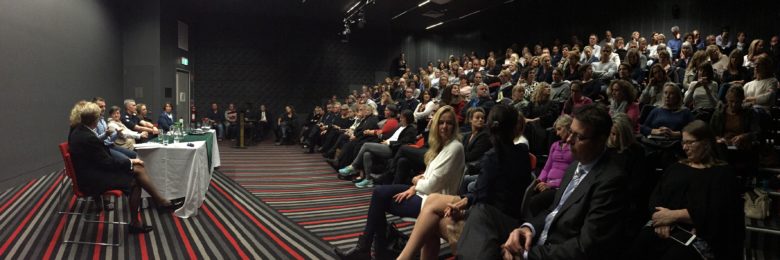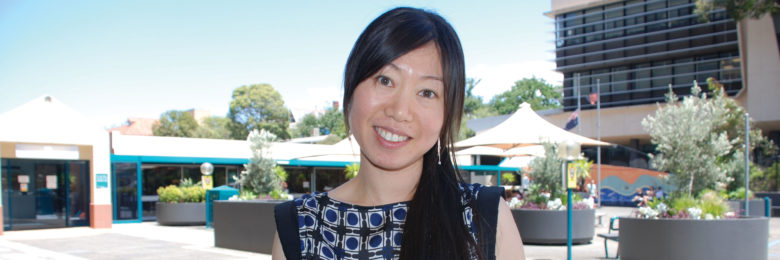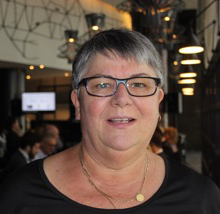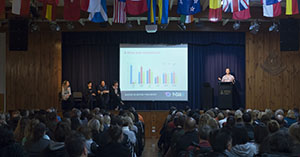Since YoDAA began we’ve had thousands of contacts. We often find parents have no idea what they need or want. They are overwhelmed and recognise they need something, but they don’t know what. They simply need to talk to someone. and it’s our job to listen, to provide information and strategies, and to refer parents on to other services when needed.
We help parents who are just finding out about experimentation with drugs right through to those who have children in a treatment service. We find there are particular types of information parents and carers want to know (compared to young people, schools or youth workers) when they contact YoDAA.
‘How would I know if someone in my home is using? How would I know if someone in my home is dealing?’ ‘I’ve just hacked my son or daughter’s Facebook page and found out they are using drugs – what do I do?’ ‘My son has been discharged from a treatment service, I don’t think he’s ready to come home’.
There’s something specific about the teenage years and moving from a period of complete dependence to being an independent adult, taking responsibility and making your own decisions. That middle stage is a transition.
We read a lot about the teenage brain, that young people haven’t got that executive function yet and so they rely more on emotions and impulses to make decisions. But young people need experiences to learn to be able to make decisions. So there’s a real tension in parenting adolescents to gradually give over responsibility and autonomy but still have safety nets.

Every bone in our body wants to make the immediate OK. So with drugs and alcohol it is horrific to consider letting a young person manage their own risk, because what if they go out tonight and something happens? The emotional want and need is to make tonight OK. So if your son or daughter is safely in their bedroom, you can sleep tonight. But we know that won’t produce a life-skilled 21-year-old.
Read more



